January 19, 2019
Forest for the Trees: Featuring Joy Beckerman President of the Hemp Industry Association
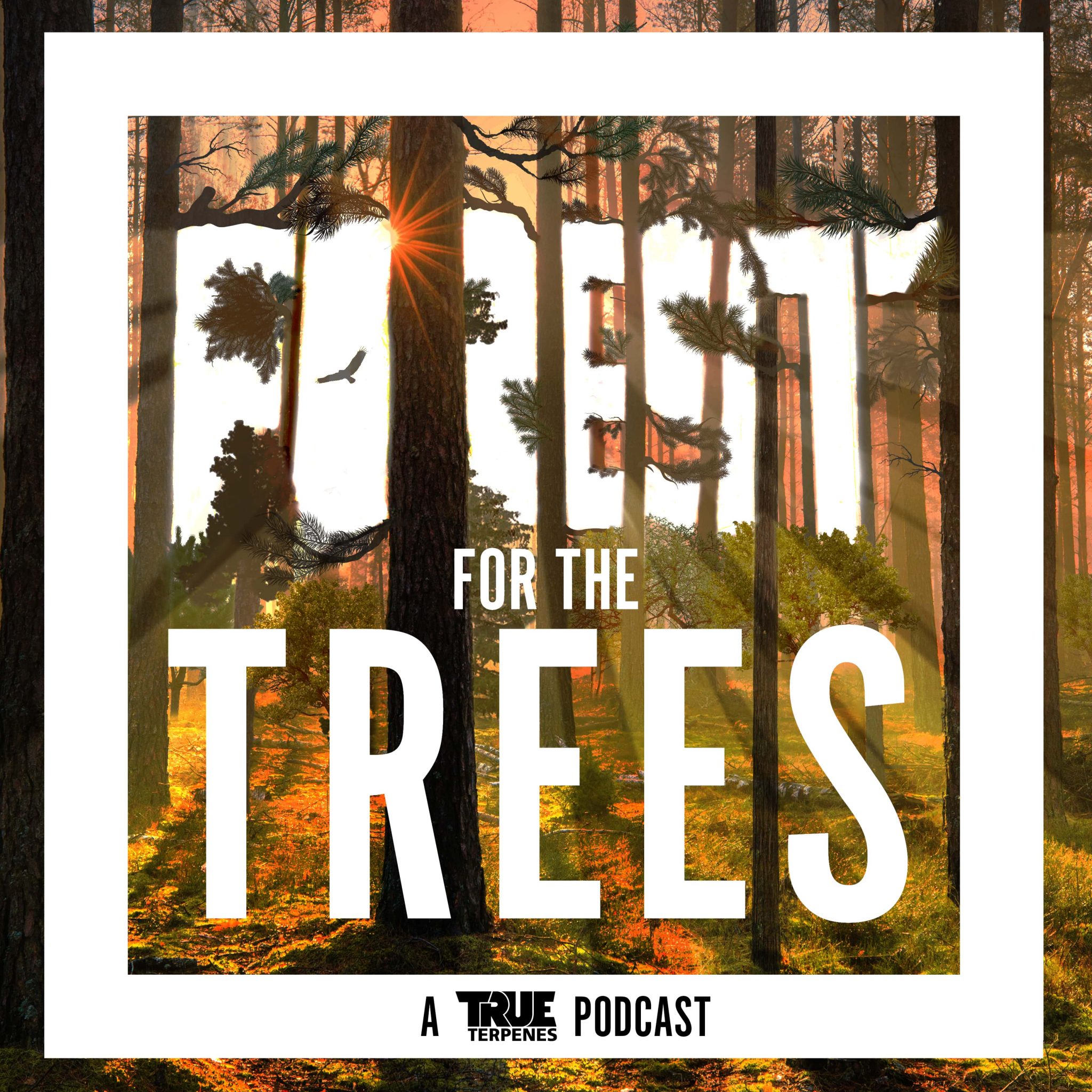
Related Posts
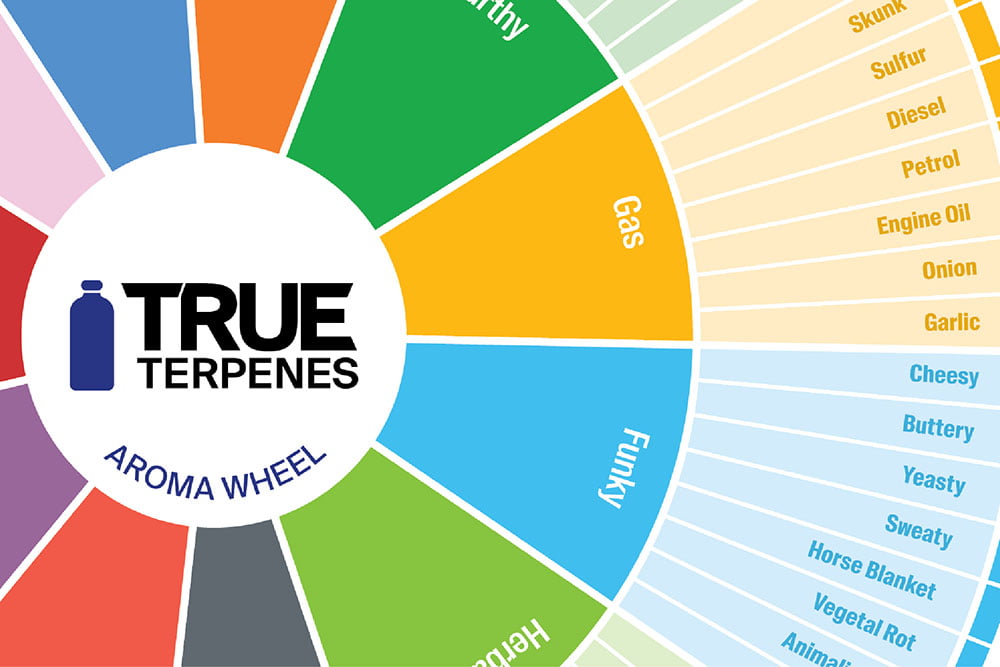
Terpenes and Education
Sensory Analysis for Vape and Flower Manufacturing
Sensory can also teach you about what your customer wants and predict where the market’s headed. Want…
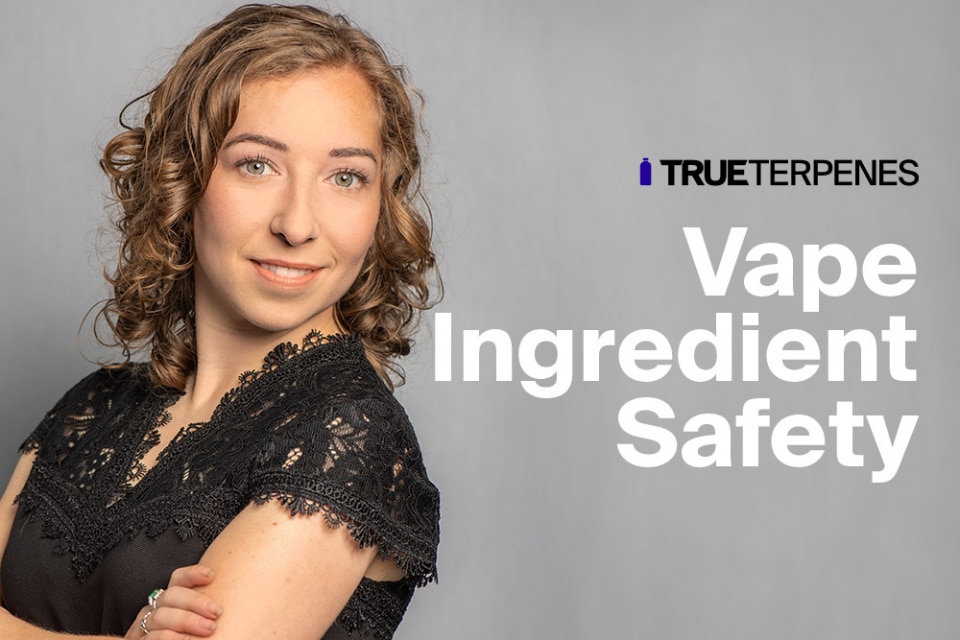
Terpenes and Education
Safeguard Your Business with Vape Ingredient Safety: An Accessible Means of Assessment for Manufacturers and Regulators
Vaporization is an increasingly prevalent means to consume cannabis, but there is little guidance for manufacturers or…
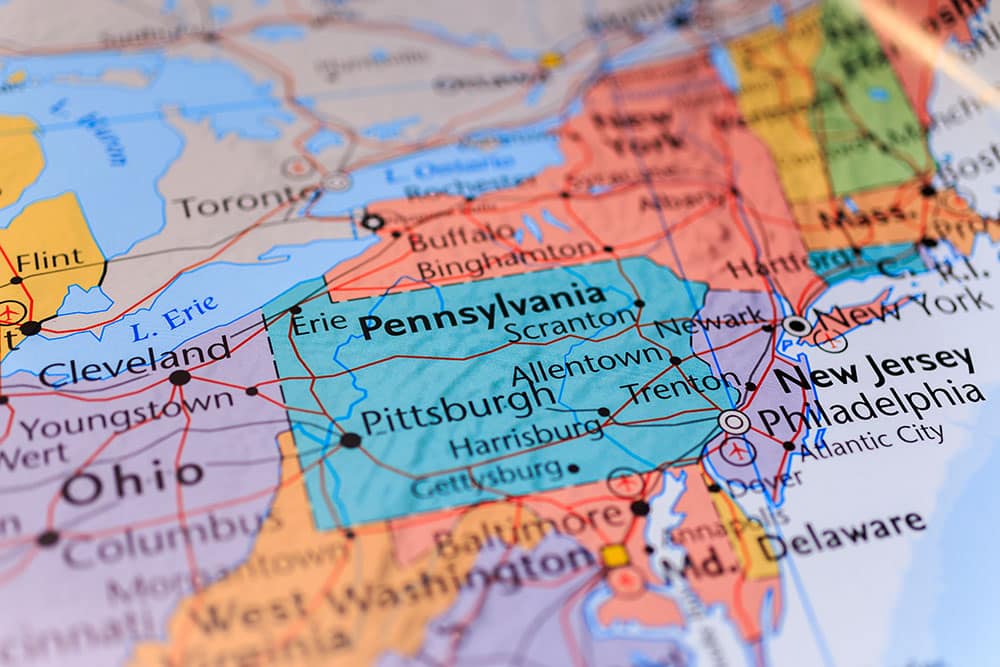
Terpenes and Regulations
A Promising Step Forward in Pennsylvania
True Terpenes Champions Access to Regulated Medical Cannabis
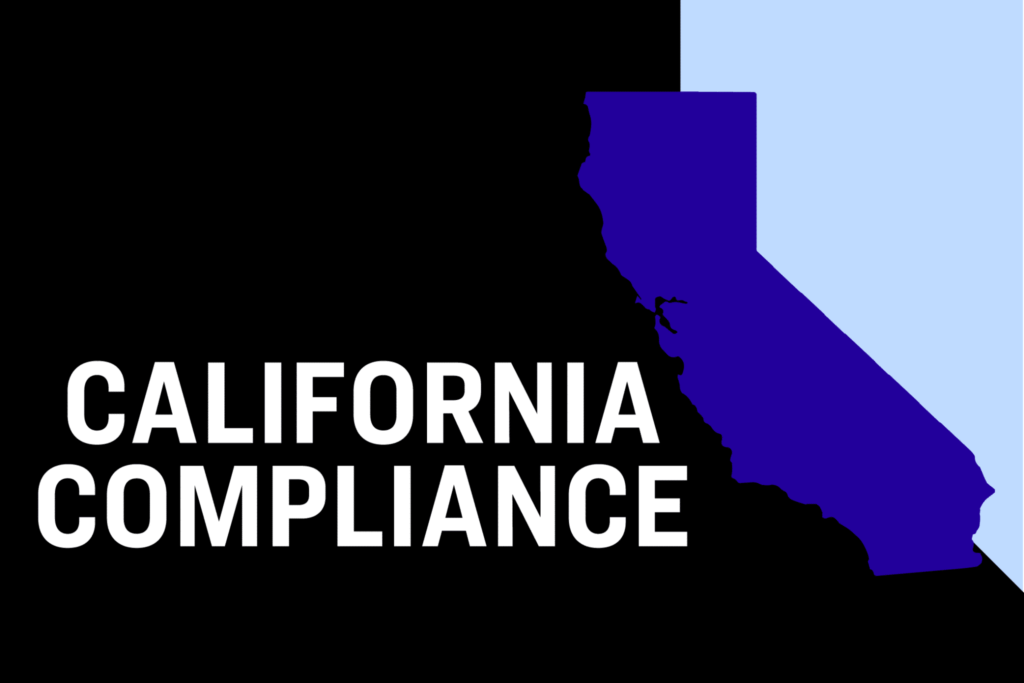
Terpenes and Regulations
California Regulatory Changes: Stay Compliant in California
California’s Department of Cannabis Control (DCC) the Department of Cannabis Control (DCC) in California has added guidance…
